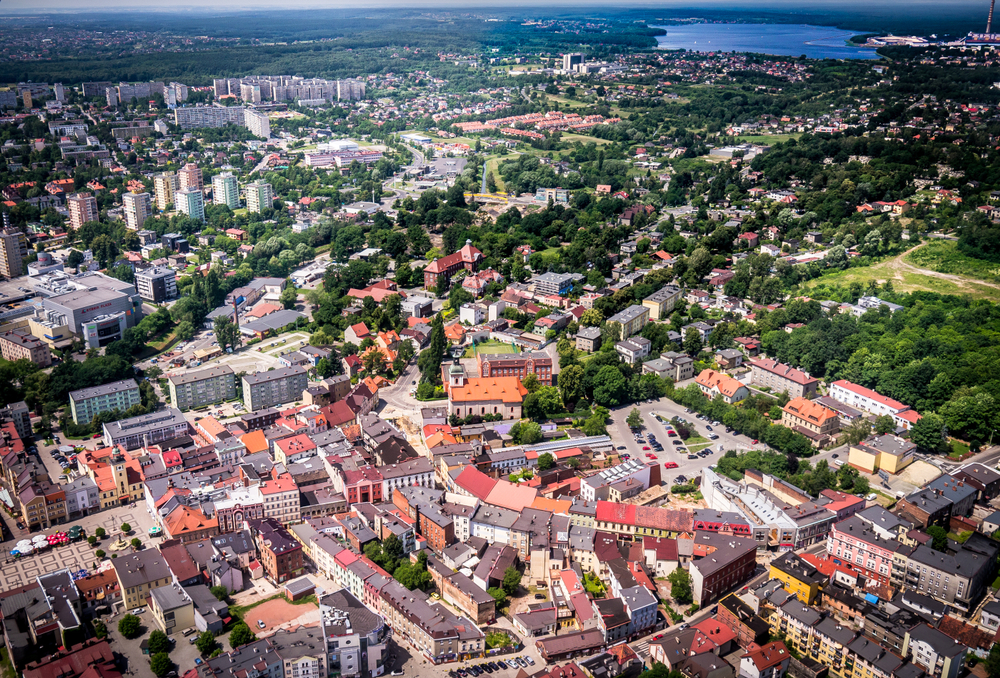Just transition within reach for Polish coal city Rybnik

“We are preparing plans for the next decade. Mentality is the hardest thing to change” says Piotr Kuczera, mayor of Rybnik, in an interview with Zielona Interia. The municipality is co-designing, with Climate KIC and partners, the plans to accelerate the city’s transformation towards climate neutrality.
Rybnik is situated in the heart of Silesia, the largest coal-producing region in the European Union. The city faces the joint challenges of energy transition and enormous air pollution, and many residents understand that transformation is necessary and urgent.
Climate KIC laid the groundwork for regional transformation in 2019 through Rybnik360, a project that aims to change the city’s industrial sector to mitigate and adapt to climate change. The project’s goal is to design, together with the inhabitants and other actors operating in and around the city space, a green, healthy and inclusive future for the city.
“For 200 years, Rybnik was connected to mining, and social and economic life developed around the mines,” explains Rybnik’s mayor Kuczera in his interview with Zielona Interia. “But we are facing a significant civilisational change, and this must be reflected in the city’s upcoming development strategy. In addition, our plans must be coordinated with what the European Union is planning.”
Answering the journalist’s question about how the plan to transform Rybnik is perceived by the town hall, Kuczera says that the younger generation is particularly eager to see the changes happen in their city.
“Young people know that mining is not the only path for the city; their awareness is very high, which is a positive signal. But mining is still seen as a strategic industry for Poland, and we have to be honest: changing the mentality of citizens is the most difficult challenge we face.”
The first stage of the Rybnik 360 process — where 180 in-depth interviews were held, 2800 arguments mapped, and 93 innovation ideas created — helped identify air quality as a key area for improvement. For Kuczera, addressing this issue is a fundamental part of the city’s development.
He adds: “Mining and the impending change in the city’s economic profile have also been addressed as part of this process. As well as elements that can facilitate the work of city officials.” All of these, he explains, are important lessons that must be considered as part of the preparation of the strategy.
The Rybnik360 project is a part of the Just Transformation Deep Demonstration programme, where Climate KIC, together with partners from many European countries, facilitates the transition of European regions that still rely on economies that are incompatible with tackling climate change. The programme recognises that people and economies engaged in these sectors are highly vulnerable during the transition to a decarbonised future and it will demonstrate that just transformations are possible.
Read the full interview (in Polish) with Rybnik’s mayor Piotr Kuczera in Zielona Interia.
